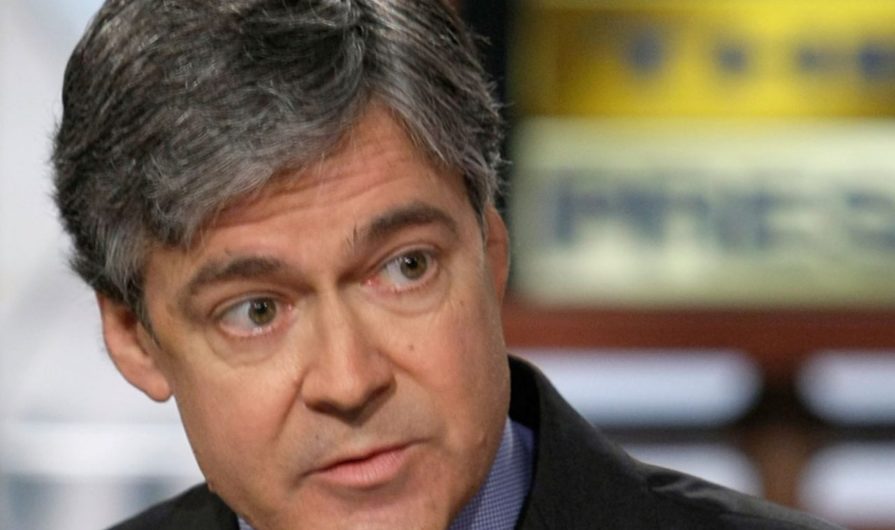Many years ago during an interview for a local city newspaper, I was asked if I could remain objective in reporting a story if I was close to or friends with the people in the story. I answered that I would do my best, but the reality was that I knew that as human beings we are susceptible to biases, prejudices, and other non-objective factors when we sit down to analyze and write a story.
No matter how hard we strive to be objective, we can’t totally separate ourselves from our human propensity to allow our personal feelings to influence how we see the world and how we might view the behavior of another human being. It’s a lot easier to be objective when writing about someone you have never met and know little about, rather than writing about, say, your own mother or father.
Writing an objective story about your parents may be close to impossible, unless you felt totally disconnected to them and had no emotional bonds that would interfere with your objectivity. That difficulty in remaining objective in writing a story would probably gradually begin to lessen as you worked your way down the family tree through your siblings, cousins, and other relatives. After that comes the list of friends, coworkers, and acquaintances.
At the end of that list would be the total stranger, someone you have never met before and someone you know hardly anything about. Writing an objective story about this person that you know nothing about would be relatively easy. There would be no interference from any feelings or emotional connections to that individual.Objectivity would be easy to maintain.
But somewhere between the complete stranger, at the bottom of the list, and mom and dad, at the top of the list, there is the friend, not the best friend or even a good friend, but just someone you occasionally talk to or have dinner with.
As time goes on, with each conversation and dinner, you begin to feel a bond of friendship with this individual and although your contact may have been prompted by work obligations, the two of you reach a point where you become friends. The relationship has moved from stranger to work contact to friend. No formal announcement is necessary. Both of you just know that the relationship has progressed to the level of friendship.
Such a development from stranger to business contact to friend is not bad in and of itself. It’s the way most friendships in life develop. But if one friend needs to write stories about the other friend—and is expected to remain objective—now it becomes a problem. How can one separate the friendship with someone if one needs to write an objective, even critical, article about them?
This was always one of the basic challenges of journalism; how does a journalist remain objective? The first thing, as I was told in that city newspaper interview many years ago, was to avoid getting too close to those people I would be covering and writing about. In other words, I was told not to become friends with city council members, school board members, or the mayor, because they were the people I would most probably be writing about if I accepted the reporter position with the paper.
At the time, that tenet of journalism–keep a safe distance from those you are covering so that a friendship cannot form–seemed to be just common sense. It was the first lesson to be learned for every aspiring journalist.
But now as we look through the Podesta emails, courtesy of WikiLeaks, we discover the cozy relationship between many in the press and the Clinton campaign.
John Harwood of CNBC was so close to those running the Clinton campaign that he offered them advice on how well Hillary was doing and warned them about the problems Republican candidate Ben Carson could cause them. For good measure, he gloated in one email to Clinton campaign chairman John Podesta about a provocative question he posed to Donald Trump when he was a debate moderator during the Republican primaries: “Let’s be honest, is this a comic book version of a presidential campaign?”
Another of the leaked emails shows inviting reporters from various media outlets covering Clinton to his house for dinner. I’m sure Podesta wasn’t inviting them over just so he could offer them a fine meal and a glass of wine. He knew that building friendships with these reporters would make it more difficult for them to write critically about him and his candidate.
While it’s important, of course, that reporters nurture contacts, there does come a point where the nurturing can gradually morph into collaboration. Harwood’s eagerness to please the Clintion campaign by offering advice and expressing his disdain for Donald Trump should serve as a texbook example of what can happen to a journalist when he gets too friendly with the person he is covering.
Journalism is forgotten and replaced with public relations and advertising. It’s time for CNBC and all the other media outlets that had their reporters over at Podesta’s house for dinner, to remind them that they work for their readers, not those they are supposed to be covering and writing about. Maybe then we will see the kind of aggressive journalism we saw during the days of Watergate.







